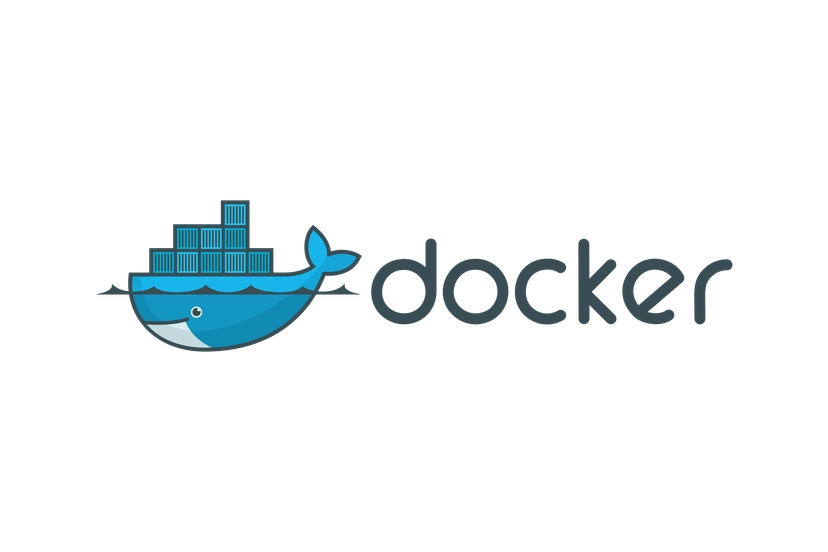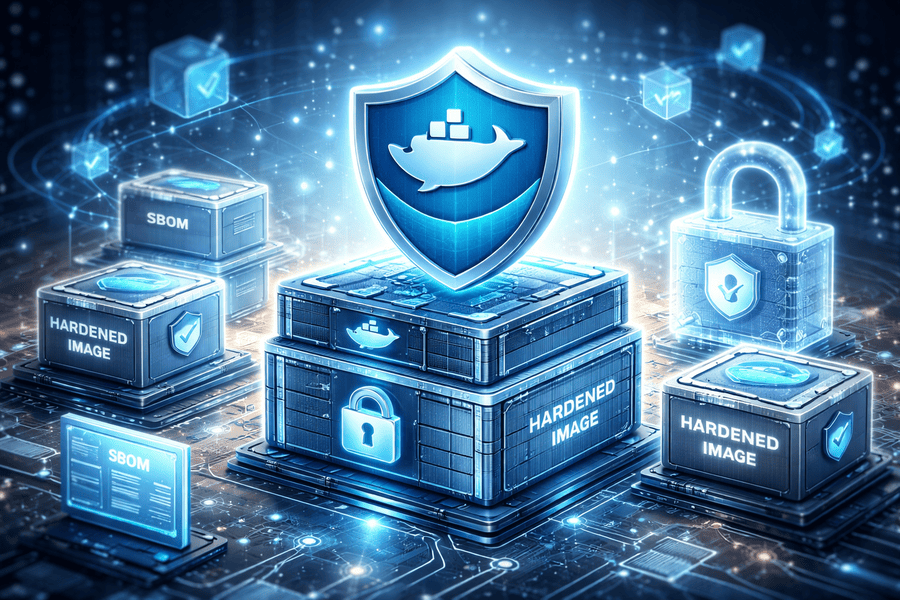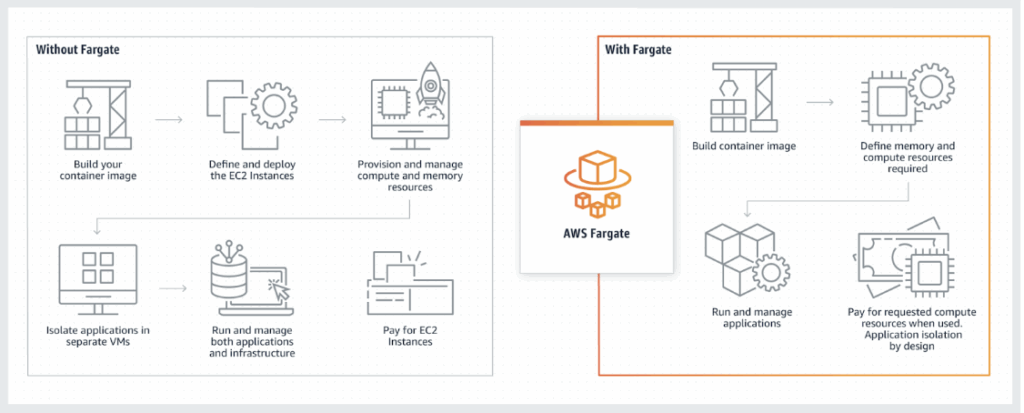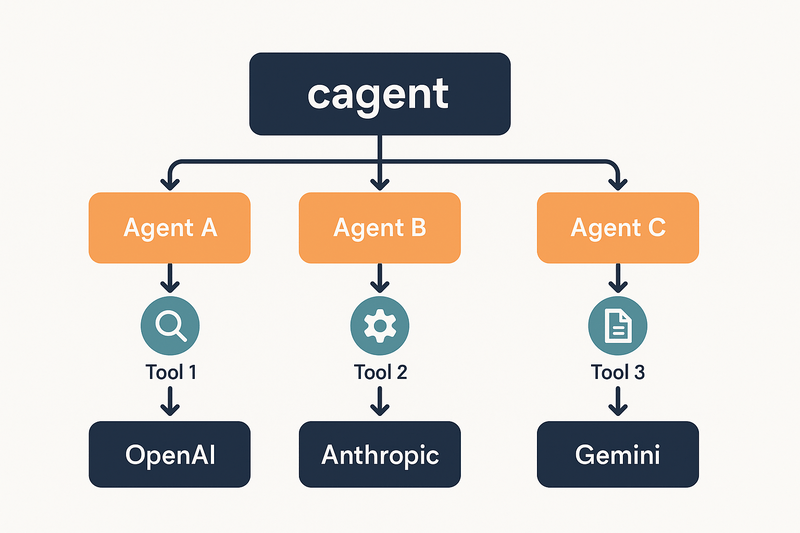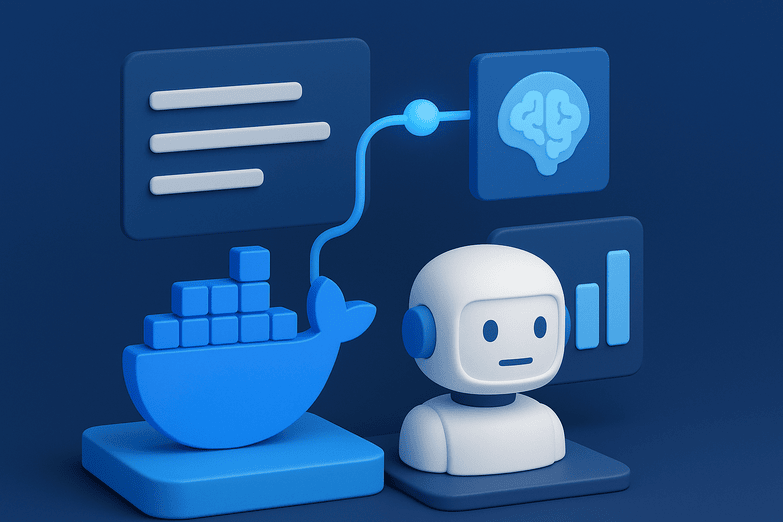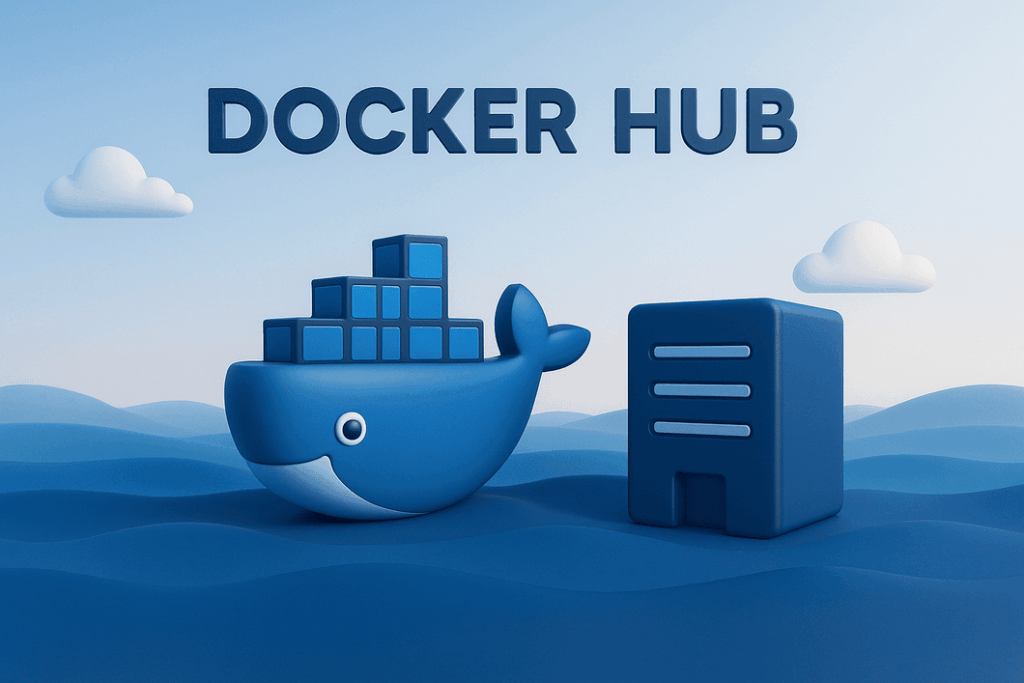Imagine you’re moving to a new house, and you have a favorite TV setup with a gaming console, cables, remote controls, and a special shelf for it. Every time you move, you have to pack everything carefully, hope nothing gets lost, and then spend hours setting it up at the new place.
Now imagine a magical TV box that can hold your entire setup—TV, console, cables, remote, and even the shelf—perfectly arranged. When you arrive at your new house, you just open the box, and everything is ready to go, exactly how it was before. No mess, no setup, no worries.
Docker works just like that magical TV box, but for software applications. It packages everything an application needs—like code, settings, and tools—into a container so it works perfectly, no matter where you “move” it: your laptop, a server, or the cloud.
Why is Docker Important?
- Works Anywhere: Imagine you’re taking your favorite recipe to a friend’s house. You’re excited, but when you start cooking, their stove doesn’t work like yours, and their pans are the wrong size. Docker solves this by including the “kitchen” (environment) with your recipe, so it always works the same, anywhere.
- No Conflicts Between Programs: Think about having two favorite snacks—one needs the fridge to be at 5°C, and the other at 3°C. If you only have one fridge, it’s a problem. Docker solves this by giving each “snack” (program) its own mini-fridge (container) so they can coexist without issues.
- Saves Time and Effort: Remember when you spent hours setting up that gaming console? With Docker, the setup is done once and saved. You can reuse it instantly, no matter where you go.
- Scalable: If you’re hosting a party and suddenly need 10 more TV setups, your magical TV box can duplicate itself instantly. Docker works the same way—if your app needs to handle more users, you can quickly spin up more containers.
Components of a Docker Image (What’s Inside the Magic Box?)
A Docker image is like the blueprint for creating your magical box. It defines what goes inside and how it all works. Here’s what’s inside:
- The Main Feature (Application Code): This is the “TV” or the main thing you’re excited about—your app, website, or program.
- The Accessories (Dependencies): These are all the extra pieces needed to make your app work, like cables for the TV. In software, this includes libraries, frameworks, and other tools.
- The Instructions (Configuration): Just like a manual that tells you how to set up your TV at the new house, Docker includes configuration files to guide how the app should run.
- The Box (Base Image): The box itself is a sturdy container that holds everything together. In Docker, this is the foundational layer that ensures compatibility with the system it’s running on.
Why Should You Use Docker?
- Consistency Across Environments
- Have you ever heard someone say, “It worked on my computer, but not on the server”? That’s like having a TV that works in your living room but not in your bedroom. Docker ensures the app runs the same everywhere by packaging the environment along with it.
- Saves Time and Effort
- Instead of setting up every tool and dependency separately (like buying cables every time you move), Docker packages everything in one place, ready to go.
- Easier Collaboration
- Imagine you’re sharing your TV setup with a friend. Instead of explaining which cables and shelves they need, you just give them your magical box. Docker makes it just as easy to share apps and environments with teammates.
- Lightweight and Fast
- Unlike moving an entire entertainment system or setting up a big, clunky virtual machine (VM), Docker containers are lightweight and start up in seconds.
- Scalability
- Running a small café? You only need one coffee machine (container). Hosting a big event? Quickly set up 10 more machines. Docker makes it easy to scale up or down as needed.
A Day-to-Day Example of Docker in Action
Imagine a chef who creates amazing pasta. Normally, they’d need to pack their knives, special pans, ingredients, and even their recipe every time they travel to a new kitchen. That’s a lot of work!
With Docker, it’s like the chef has a magic suitcase that holds all their tools, pre-measured ingredients, and even a portable stove. They just open the suitcase, and they’re ready to cook the same perfect pasta anywhere.
Conclusion
Docker is a game-changer for anyone working with software. It simplifies the way apps are built, shared, and run by packaging everything into portable, self-contained containers. Whether you’re a developer, tester, or business owner, Docker ensures your software is reliable, fast, and easy to manage.
It’s the magic box that takes away the stress of moving, setting up, and sharing, letting you focus on what matters—getting things done.

